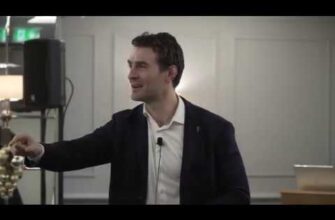Constructive conflict is a healthy part of any organization. Deprived of it, we end up with a lack of innovation, status quos are not challenged, necessary questions are avoided, and there is a lethal amount of consensus. The key is how we address this conflict.
One way to face conflict is fast and furious. Like the multi-sequel movie franchise, we can follow Dom Toretto’s philosophy:
I live my life a quarter-mile at a time. Nothing else matters; not the mortgage; not the store; not my team and their bullshit. For those ten seconds or less, I’m free.
When we lead through a “quarter-mile at a time” mindset, we are likely to engage in such practical strategies as seeking compromise, utilizing empathy, avoiding blame, apologizing, and forgiving past actions. However, while these techniques can be effective, they do not work when we are in the midst of a heated argument where we feel emotionally invested. So how can we improve our ability to resolve our interpersonal conflicts?
According to a study in the Journal of Experimental Psychology, you are more likely to resolve conflict through superior reasoning strategies when you consider the situation in the long run. By distancing yourself from your current feelings, you are better equipped to unravel negative events and find resolution. Otherwise, according to another study, you are prone to ruminating, recounting, and re-experiencing the negative event indefinitely.
Still not convinced you are better off with a marathon (versus sprint) mentality? A study in Psychological Review found that imagining the future is a natural outlet to thinking more abstractly about an interpersonal conflict. Once we are able to transcend the present moment and put the negative events in context, we are less focused on recounting it and more focused on thinking about the bigger picture. And with enhanced adaptive reasoning strategies, the research reported that participants had a greater influx of positive emotions and insight.
To resolve conflicts, we need to think beyond a “quarter-mile at a time.” How will it pan out tomorrow, next week, and next year? It may not be as harrowing as a fast and furious solution, but the measure of successful leadership is not reliant on how quickly you reach the finish line.





